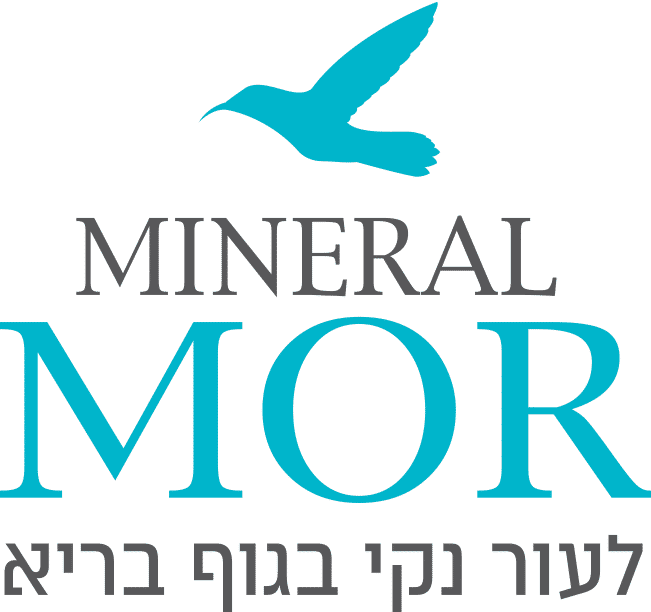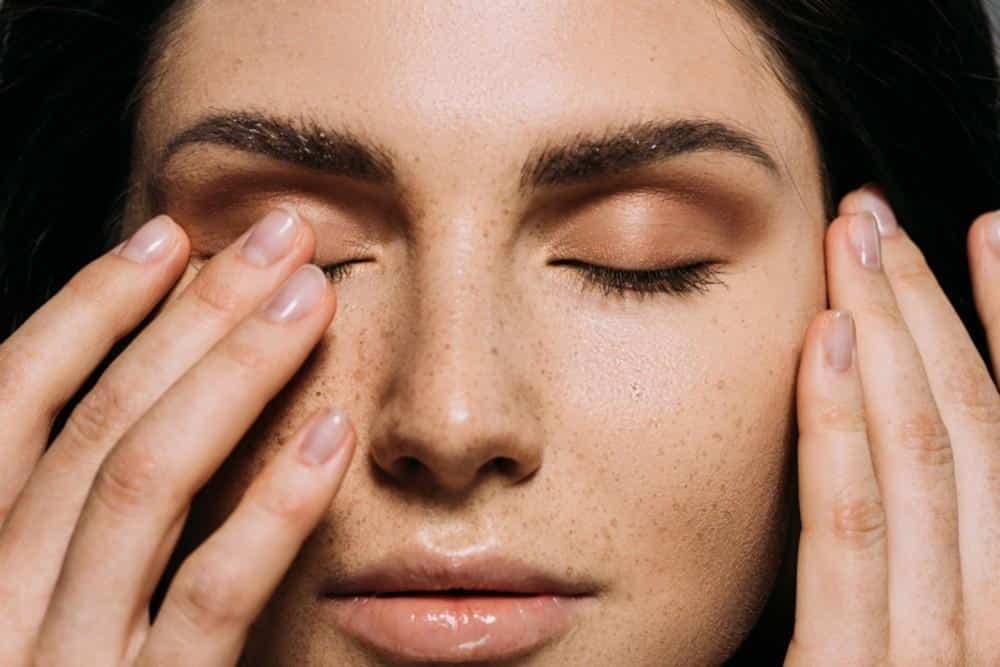It seems that women aren’t the only ones going through menopause. Male menopause or andropause is now the study of many researches. These age-related changes in men impact hormonal levels as well as testosterone levels and in turn may cause an enlarged prostate, otherwise known as BPH (benign prostate hyperplasia).
From the age of 40 and up, testosterone levels decrease, and at the same time levels of prolactin and estradiol rise, a condition that causes increased concentration of "hydro-testosterone" in the prostate. The same increased concentration of hormones causes the enlargement of the prostate which blocks the flow of urine through the urethra. This results in different problems, including having to get up several times at night only to have a weak or slow urinary stream, feeling that your bladder has not been completely emptied or having difficulties starting urination.
Early detection and immediate treatment may prevent most of the symptoms of having an enlarged prostate, improve the patient's quality of life and allow him to sleep undisturbed. Immediate treatment with equisitum arvense (field horsetail), serenoa serrulata, cinnamon and echinacea can significantly reduce the pressure on the bladder and result in an improved quality of life and uninterrupted sleep. Mineral Mor's treatment contains the following plants:
- Equisitum arvense (field horsetail) : A herb mainly used to treat urinary and prostate problems. The field horsetail’s strengthens the bladder, disinfects and shrinks the prostate gland.
- Serenoa serrulata : A plant that’s been studied and found to prevent prostate expansion, the serenoa serrulata inhibits the conversion of the testosterone hormone to hydro-testosterone.
- Cinnamomum zeylanicum and Echinacea : These plants act as very powerful antioxidants, strengthen the immune system and treat infections, viruses and bacteria.
We highly recommended to incorporate a diet that includes selenium-rich and lycopene-rich foods found mainly in beer, fish, lamb, whole grains, nuts and especially Brazil nuts, oats, barley, whole wheat, garlic, onions, mushrooms, broccoli, radish and pumpkin.




